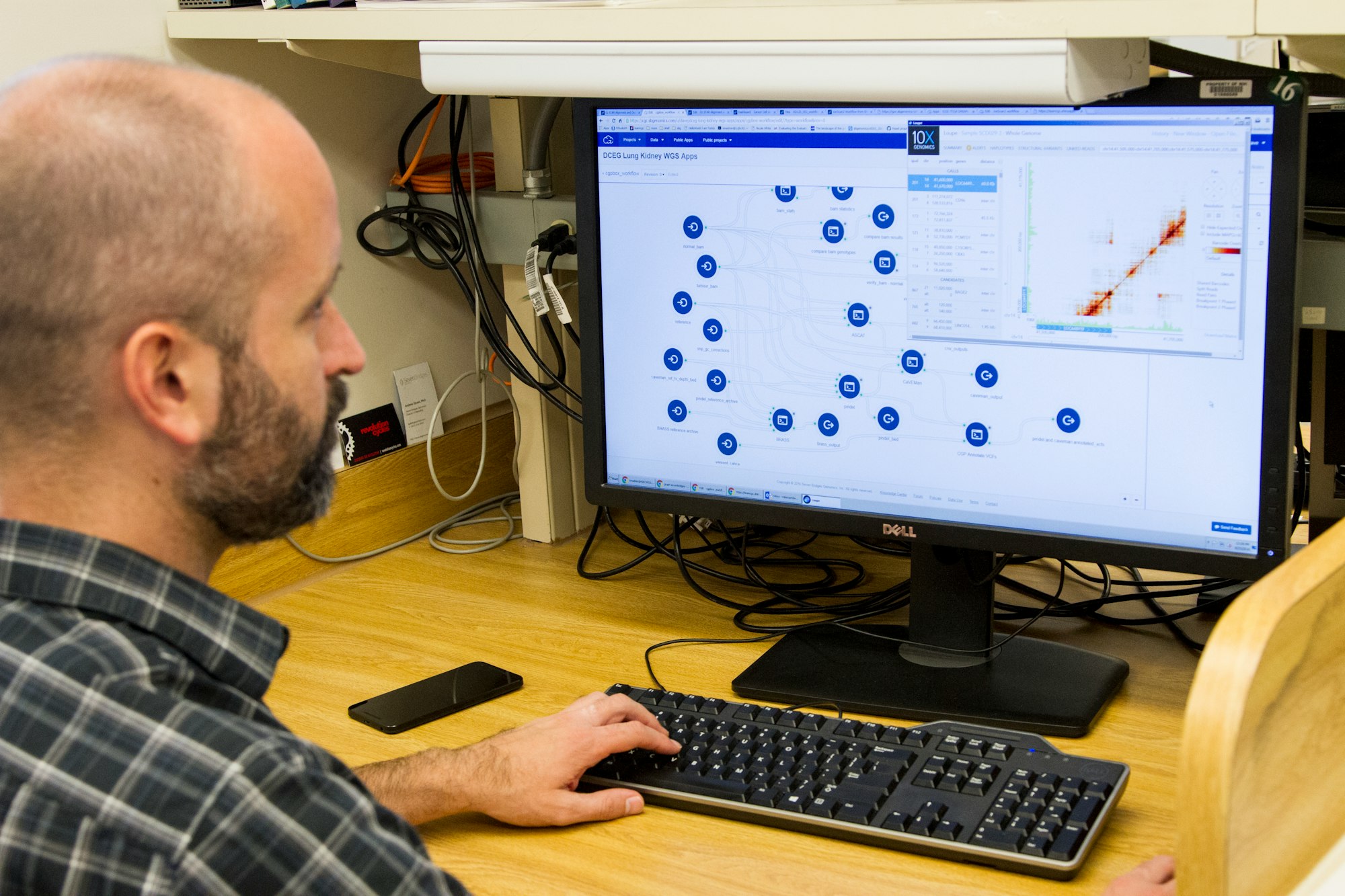6 High-Paying Career Paths in Data Science

Data science is an interdisciplinary academic field that uses statistics, scientific computing, processes, algorithms and systems to extract knowledge and insights from structured, and unstructured data. Enrolling in a Data Scientist Certification will provide you with all the insights and how to get started with a career in data science.
In simple terms, data science is a way of finding out interesting things by looking at lots of information. Imagine you have a lot of clothes in your clothesbox or wardrobe, and you want to find your favourite clothes. Data science is like dumping out all of your clothes and sorting them into groups based on things like colour or shape. By doing this, you can find your favourite clothes easily.
Data scientists do something similar with information, like pictures, numbers, or words. They look at lots of information and find patterns to help people make better decisions or learn new things.
According to Precedence Research, the data science platforms market size was estimated at $96.3 billion and it is expected to hit around $378.7 billion by 2030, at a compound annual growth rate (CAGR) of 16.43% over the forecast period 2022 to 2030.
The 6 Lucrative Career Paths in Data Science
The data science field encompasses many roles and titles. Careers in data science exist in nearly every industry, including healthcare and technology.
Each role performs a different function, so you should take your personal interests and skills into account as you consider your career path.
Below are six high-paying careers in the field of data science.
1. Data Scientist

Overview: Data scientists are people who look at a bunch of information and use math and statistics to figure out important things for a company to know. They make predictions about what might happen in the future based on the information they have. Then they use all of this information to give advice to other people in the company.
Education Required: Bachelor’s degree in data science, computer science, information technology, statistics, mathematics or a related subject recommended. You can also enrol for a data science course.
Salary: Data scientists can make over $97,000 a year.
2. Data Engineer

Overview: Data engineers create and take care of systems that help to use information. They build things like computer databases, servers, and systems that process data. They also make special ways to change information from raw and unorganized into something that can be used. To be a data engineer, you need to know a lot about a kind of computer language called SQL and other ways to work with information.
Education: Master’s degree in software engineering, computer science, statistics, mathematics or a related field.
Salary: Data engineers can make over $93,000 a year.
3. Data Architect

Overview: Data architects, also called database administrators (DBAs), create systems to keep important company information safe. They make special designs and build new systems to store data. The databases need to work fast and be easy for people like data analysts to use. Since databases often have secret or important information, the architects or DBAs also need to make sure it's safe from people who shouldn't have access to it.
Education: Bachelor’s degree in computer and information technology, computer engineering or a related field.
Salary: Data architects can make over $123,000 a year.
4. Computer and Information Research Scientist

Overview: Computer and information research scientists are people who use computers to solve complex computing problems. They know a lot about how computers work and how to make them better. They make up new ideas and try them out to see if they can solve tough computer problems. Sometimes, they even make new computer languages or software to make computers work faster and better.
Education: Master’s degree in computer science, computer engineering or a related field.
Salary: Median annual salary for computer and information research scientists is $131,490.
5. Data Analyst

Overview: A data analyst's work involves collecting, sorting, examining and turning raw information into important details. They usually make the data into simple reports or presentations for a company.
Education: Bachelor’s degree in computer science, statistics, mathematics, behavioural economics or a related field.
Salary: Data Analysts can make over $62,000 a year.
6. Machine Learning Engineer

Overview: Machine learning engineers work to create and teach machines how to learn and improve themselves.
Education: Bachelor’s or master’s degree in computer science, software engineering, data science, machine learning, mathematics or statistics.
Salary: Machine learning engineers can make over $112,000 a year.
Conclusion
Data science has had a significant impact on the tech industry, providing valuable insights and improving decision-making processes. While there are challenges, such as data privacy concerns and the need for skilled data scientists, the opportunities presented by data science are too significant to ignore. By leveraging the power of data science, businesses can gain a competitive edge and provide better experiences for their customer.
Data science is a rapidly evolving field that is transforming the tech industry in many ways. As businesses continue to collect and analyze data, the role of data science will only become more critical in driving innovation, improving efficiency, and providing better experiences for customers.





